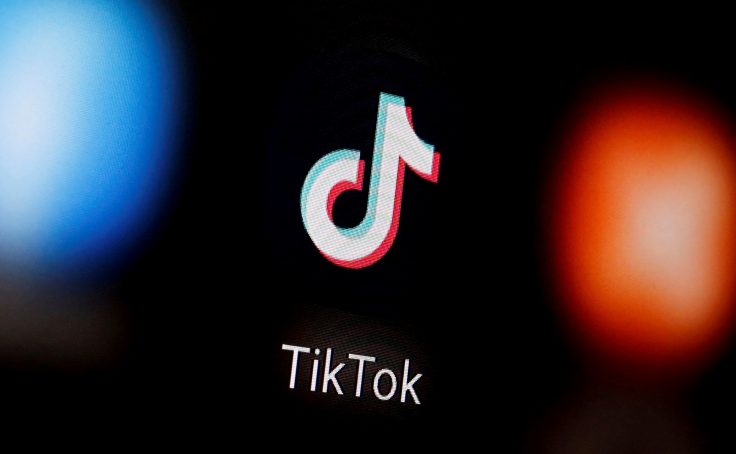Foreign actors have been flooding the Chinese-owned social media app TikTok with "false" and "incendiary" videos targeting former president Donald Trump ahead of the 2024 presidential election, a Wall Street Journal analysis found.
The Journal identified 91 accounts on the platform with overseas connections posting malicious lies about the former president. TikTok has suggested videos from the 91 accounts to its users more than 108 million times. These videos were posted from accounts in China, Nigeria, Iran, and Vietnam, the Journal reported.
The Journal report casts another shadow on the Chinese-owned app, as Congress calls for it to sever ties with the Chinese Communist Party or face a ban in the United States. During the 2022 elections, TikTok also faced scrutiny for spreading political misinformation.
Just last week, the Department of Justice sued the media platform and its parent company, ByteDance, alleging the platform broke U.S. child privacy laws.
The anti-Trump videos now circling TikTok, created using artificial intelligence, peddle various, sometimes outrageous lies about the GOP nominee. One of the foreign videos appeared to predict the July 13 assassination attempt against Trump. A suspected Nigeria-based account posted a video in March that claimed an "unidentified gunman" opened fire at a Trump event on March 4, just four months before the Butler, Pa., attack on the former president.
Another video falsely claimed that former first lady Melania Trump filed for divorce from the former president because she has been "struggling to cope with her husband's persistent body odor and alleged diaper-wearing habit." Another video alleged that Trump attacked a New York judge.
Three of the accounts’ posted videos were recorded in China, and two additional accounts had their language set to Chinese in the app, linking them directly to China, the Journal found. The social media company told the Journal that it hasn’t determined if the China accounts belong to a state-backed influence operation.
The intent of the accounts are unclear. Some accounts may look to turn a profit on their videos while others simply want to create tension in the American political discourse, the Journal found. The prevalence of the videos on TikTok heightens concerns of foreign influence in American elections as a third of young Americans rely on TikTok for their news.
Many of the accounts had similar, or in some cases, identical, content. Spam accounts, like the 91 profiles the Journal reviewed, often steal each other’s messaging, making it difficult to tell whether the accounts are run by the same network or are unrelated copycats.
